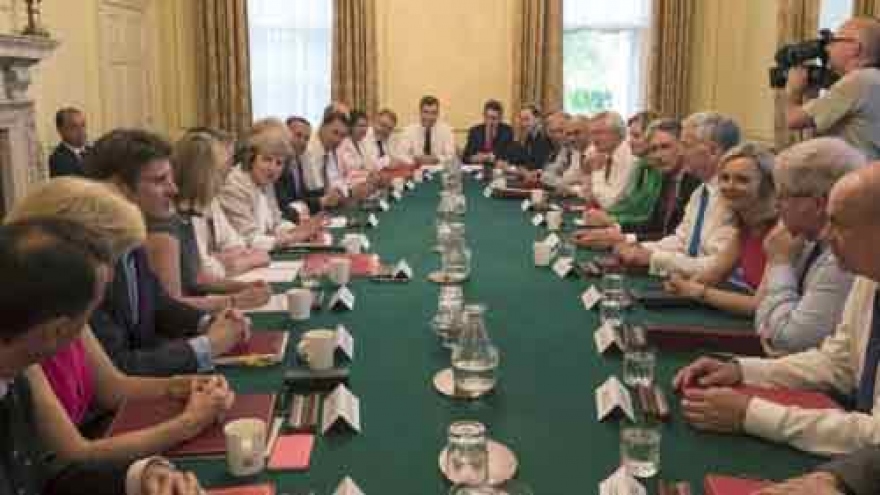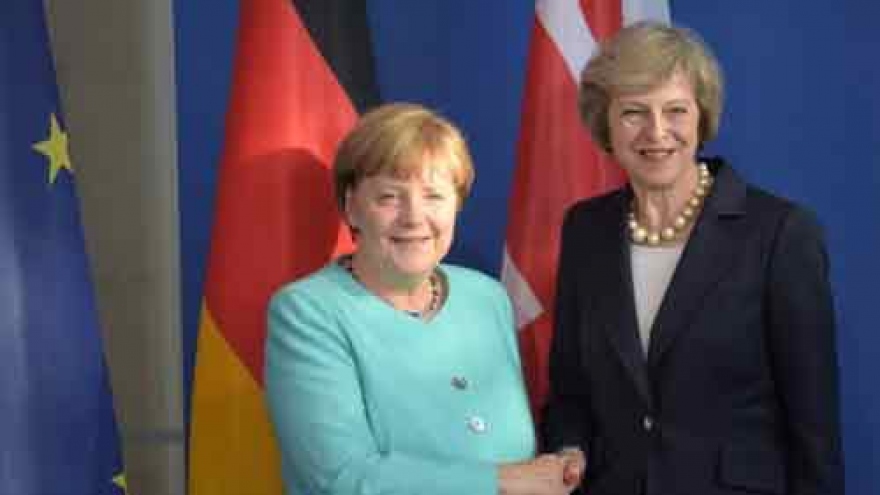Divided European leaders struggle with post-Brexit vision
European leaders, struggling to overcome an historic crisis following Britain's vote to leave the EU, agreed on September 16 to explore closer defense cooperation and boost security at their external borders, but could not hide deep divisions over refugees and economic policy.
 |
But several leaders, including Italy's Matteo Renzi and Hungary's Viktor Orban, shattered the facade of unity as soon as the meeting ended, underscoring how divided the bloc remains after years of economic crisis, a record influx of migrants and a series of deadly attacks by Islamist militants.
The post-summit barbs tarnished a meeting that had been meant to send out a message of unity. The Brexit vote in June triggered what European Commission President Jean-Claude Juncker has described as an "existential crisis" for the EU.
After more than a half century of closer integration, concerns are rife that the bloc may now be breaking apart because its 500 million citizens no longer see it as a guarantor of peace and prosperity.
Far-right or anti-EU parties are leading in polls in France, the Netherlands and Austria. In Germany, a new anti-immigrant party, the Alternative for Germany, is causing panic among Merkel's conservatives before a national vote a year from now.
In a joint declaration by the leaders, they said were committed to offering their people "a vision of an attractive EU they can trust and support".
Their "roadmap" is a list of objectives and measures that will be debated in more detail over the next six months. The aim is to present a list of concrete reforms at a summit in the Italian capital in late March that coincides with the 60th anniversary of the EU's founding Rome Treaty.
The leaders vowed to strengthen protection of Bulgaria's border with Turkey, intensify cooperation between their security services and bolster a European investment fund meant to foster growth and create jobs.
Merkel, Europe's dominant leader for years but now under pressure at home for her refugee policies, said the EU needed more solidarity and cooperation, the values it was founded on by Germany, France, Italy and the Benelux countries in 1957.


